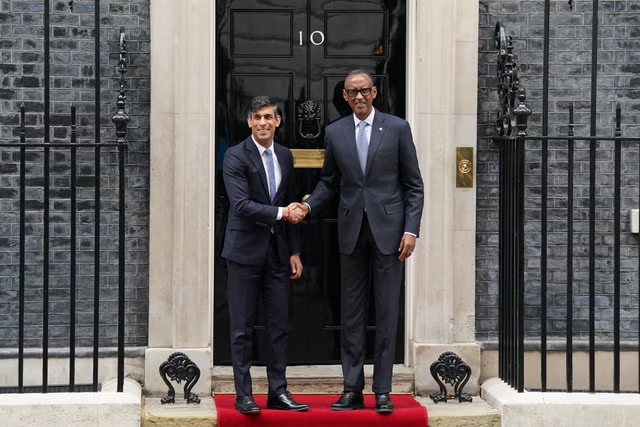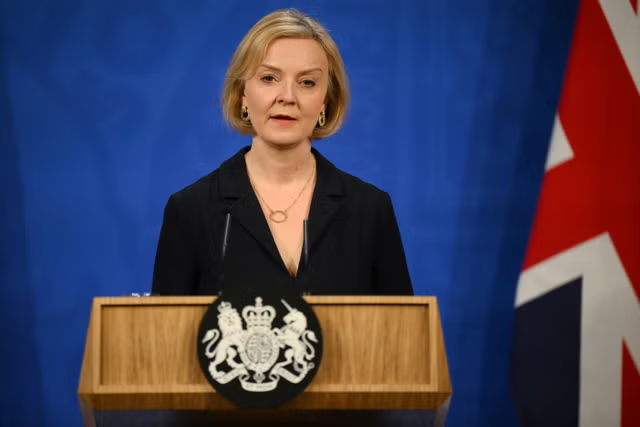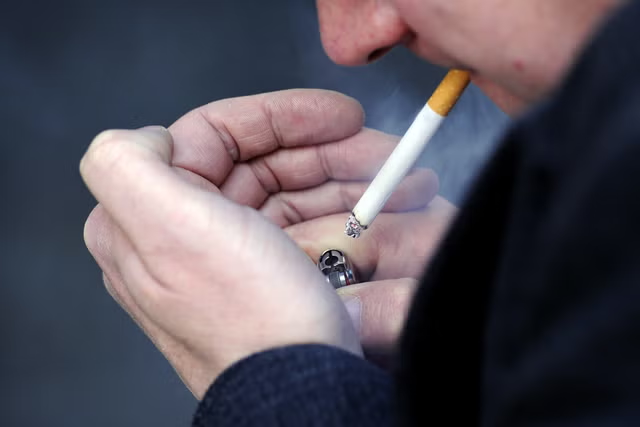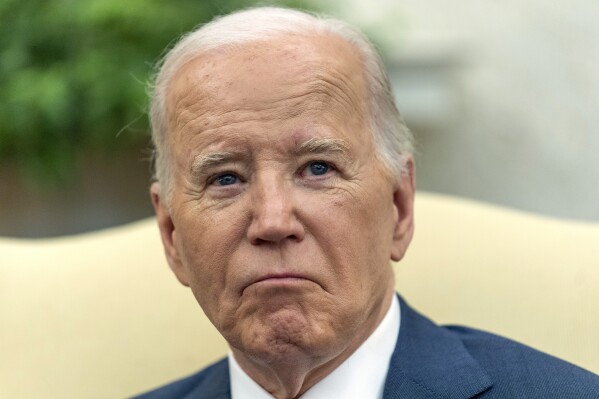Creative Scotland has clawed back more than £67,000 from an explicit arts project that planned to include real sex performances.
A total of £84,555 was awarded to director Leonie Rae Gasson for the development of Rein in the January round of the art body's National Lottery Open Fund.
The project has been billed as a 45-minute multi-screen moving image installation that "immerses audiences in a raucous communal exploration of dyke sexuality".
However, it came under scrutiny as the show's climax has been advertised as a "secret cave sex party".
Following a public outcry, Creative Scotland announced it was withdrawing its support as the latest phase of the project breached the conditions of the funding award.
In a letter to Holyrood's constitution, Europe, external affairs and culture committee on Tuesday, Creative Scotland's chief executive Iain Munro said £67,741 had been recovered from Ms Gasson.
Combined with the 10% of the award which had not yet been paid, a total of £76,196 has now been withdrawn - 90% of the original award.
Mr Munro explained that Ms Gasson had incurred legitimate costs of £8,359, mainly to subcontracted freelancers, by the time she was informed of the U-turn.
Creative Scotland said it does not intend to recover the fees already paid to third parties "in the interests of protecting the, often precarious, income of these subcontracted freelancers".
The arts body also confirmed it does not intend to recover £23,210 it awarded to Ms Gasson in August 2022 for the research and development phase of the project.
Mr Munro said: "We have no reason to seek to reclaim this award as the work was completed as set out in the approved application."
Rein, described as a "pro-sex and pro-sex work/er project", urged participants over the age of 18 to get involved - with budding performers offered £270 per day to take part in a range of scenes including "snogging", "vanilla sex" and "more hardcore acts".
Mr Munro wrote: "It is not Creative Scotland's role to censor work, nor be the arbiters of cultural taste, however Creative Scotland does have important responsibilities to the public for the appropriate use of public funding, responsibilities we take extremely seriously."
He explained that Rein was originally supported in the knowledge it would be a "challenging, creatively ambitious piece of experimental art, with a clear storytelling narrative, strong sexual themes and simulated sexual performance, and would speak to a particular audience rather than the mainstream".
However, Mr Munro stated: "The explicit representation of certain aspects of queer culture and sexuality in Rein had been carefully considered in the approved application and the team was understood to be sensitively addressing the nature of the content.
"However, as became clear in March 2024 when the project team developed new content for their website and publicised that as part of a callout for participants, one new and significant difference emerged which took the project into unacceptable territory.
"That was the intention to include real sex, as opposed to performance depicting simulated sex, in the work.
"This represented a significant change to the approved project, moving it from 'performance' into actuality, and into a space that was, in Creative Scotland's view, inappropriate for public funding."
Read more from Sky News:
Paris Olympics torch lit at site of ancient games
Woman dies after consuming drink at a wellness retreat
Keep up with all the latest news from the UK and around the world by following Sky News
Tap hereMr Munro said legal advice was sought ahead of support being withdrawn.
Creative Scotland, which makes in the region of 2,000 funding awards each year, said it intends to publish the application materials associated with Rein following a "thorough review" to remove any personal or confidential business information, or information that, if publicly disclosed, "could pose a threat to an individual".
Mr Munro said: "The committee should be aware that since the project became a focus of mainstream and social media, individuals involved have received threats and abuse, both online and in person.
"There has also been highly discriminatory comment directed at individuals, organisations and groups linked to the project, as well as at Creative Scotland staff.
"This is, in our view, not acceptable, and we will be seeking legal advice before we take any further action, including making further application information available."
A review of Creative Scotland's handling of the application is under way, with Mr Munro saying it is "likely we will recommend a reduced level of maximum award for funds being awarded to individuals".
Glasgow-based director Ms Gasson has been contacted for comment.
Disclaimer: The copyright of this article belongs to the original author. Reposting this article is solely for the purpose of information dissemination and does not constitute any investment advice. If there is any infringement, please contact us immediately. We will make corrections or deletions as necessary. Thank you.



